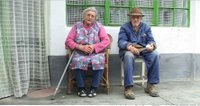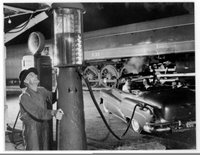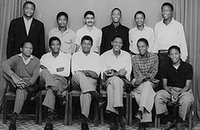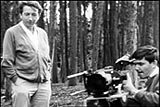
It's too bad that
Full Frame is almost over! Today was the best day for me.
We saw a great film and met its two Danish filmmakers,
Smiling in a War Zone Simone Aaberg Kærn and Magnus Bejmar (and their cute infant!). Danish press report on a 16-year-old Afghan girl named Farial who dreams of being a fighter pilot. Artist Simone who has been trained to fly, read about this and decides to help make a dream come true; stretching what she can afford, she buys a small Piper-Colt plane made
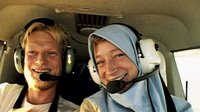
out of canvas, and flies 6000km to Kabul, along with her (slightly) more practical boyfriend Magnus to take Farial up and let her try flying. The film relates the bureacratic hoops they have to jump through to make this humanitarian mission happen (including getting visas and even flying illegally into American-controlled Afghan airspace), and the joy they bring to an Afghan teen. It was presented in a light and funny fashion, and was the first film I've attended this Festival this year to get a standing ovation. We need more Magnus and Simones in this world! I was so happy to have some time to chat with both of them after the screening. I am hoping that this film will win one of the Festival awards tomorrow.
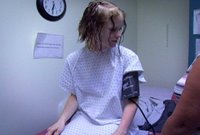
I had wanted to see
A Stravinsky Portrait, a tribute to filmmaker Richard Leacock, but seats weren't available. I went to see a film that I hadn't planned on,
Thin. I'm glad I saw this well-made film, as it gave me an education about people with eating disorders, such as anorexia nervosa. It followed a group of girls and women who have checked themselves into the
Renfrew Center's Eating Disorders clinic in South Florida (Coconut Creek). In a surprisingly open and unjudgemental verité style, the filmmaker reveals the serious issues these patients face as they are filmed in private as well as in therapy and group sessions.

I had known a little about the revolutionary 1960s and 1970s Weather Underground who reacted to the Vietnam War and social injustice with violence and an avowed desire to overthrow the U.S. government, and learned much more by seeing
The Weather Underground film. This wasn't a film in competition, but was chosen in the curated series on Class in America. It was a powerful film that, to me, reinforces the value of non-violent struggle for social change.

I saw
Hammer and Flame, a short film about where ships past their useful life go in the Gujarat state of India to be disassembled. Only 10 minutes long and with no dialogue, the images of hard working folks often dressed in sandals, as well as

repetitive hammering sounds, will stay with me for some time. Along with it was shown the feature-length
Matthew Barney: No Restraint, a film about avant-garde performance artist Matthew Barney and his recent project he created on a Japanese whaling ship with
Björk (who formed the Sugarcubes back in the 80s); the film was fine, but the art was a little beyond me.

I also saw the last half hour or so of
The Chances of the World Changing, about an admirable man who has dedicated years of his life to helping endangered species in improving their chances of survival. There were several other films I would have liked to have seen, including
Mr. Conservative about Barry Goldwater, the father of the contemporary conservative movement in the U.S.;
Sir! No Sir! about soldiers who opposed the Vietnam War; the 20-minute
The Intimacy of Strangers that let us drop in on cell phone romances; the almost 3-hour
The Drug Years (sold out); and several New Orleans films; but a festival like this often requires tough choices to be made amongst up to six films being screened concurrently!
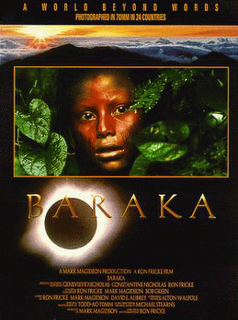 Tonight we saw Baraka, one of my all-time favorite films, as part of the Documentary Film Series at the Carrboro
Tonight we saw Baraka, one of my all-time favorite films, as part of the Documentary Film Series at the Carrboro 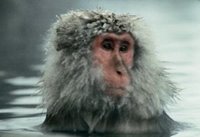 Century Center (where some classes that I teach are held). The unique film is a documentary with no dialogue but with stunning photography of how people around the world spend their time, focusing on cultural traditions.
Century Center (where some classes that I teach are held). The unique film is a documentary with no dialogue but with stunning photography of how people around the world spend their time, focusing on cultural traditions.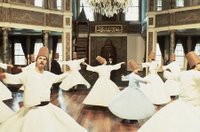 time that I've seen the film, and each time on the big screen. I definitely want to continue to see it and be inspired by its amazing images!
time that I've seen the film, and each time on the big screen. I definitely want to continue to see it and be inspired by its amazing images!



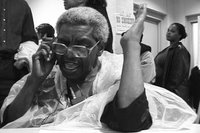







 repetitive hammering sounds, will stay with me for some time. Along with it was shown the feature-length
repetitive hammering sounds, will stay with me for some time. Along with it was shown the feature-length 

